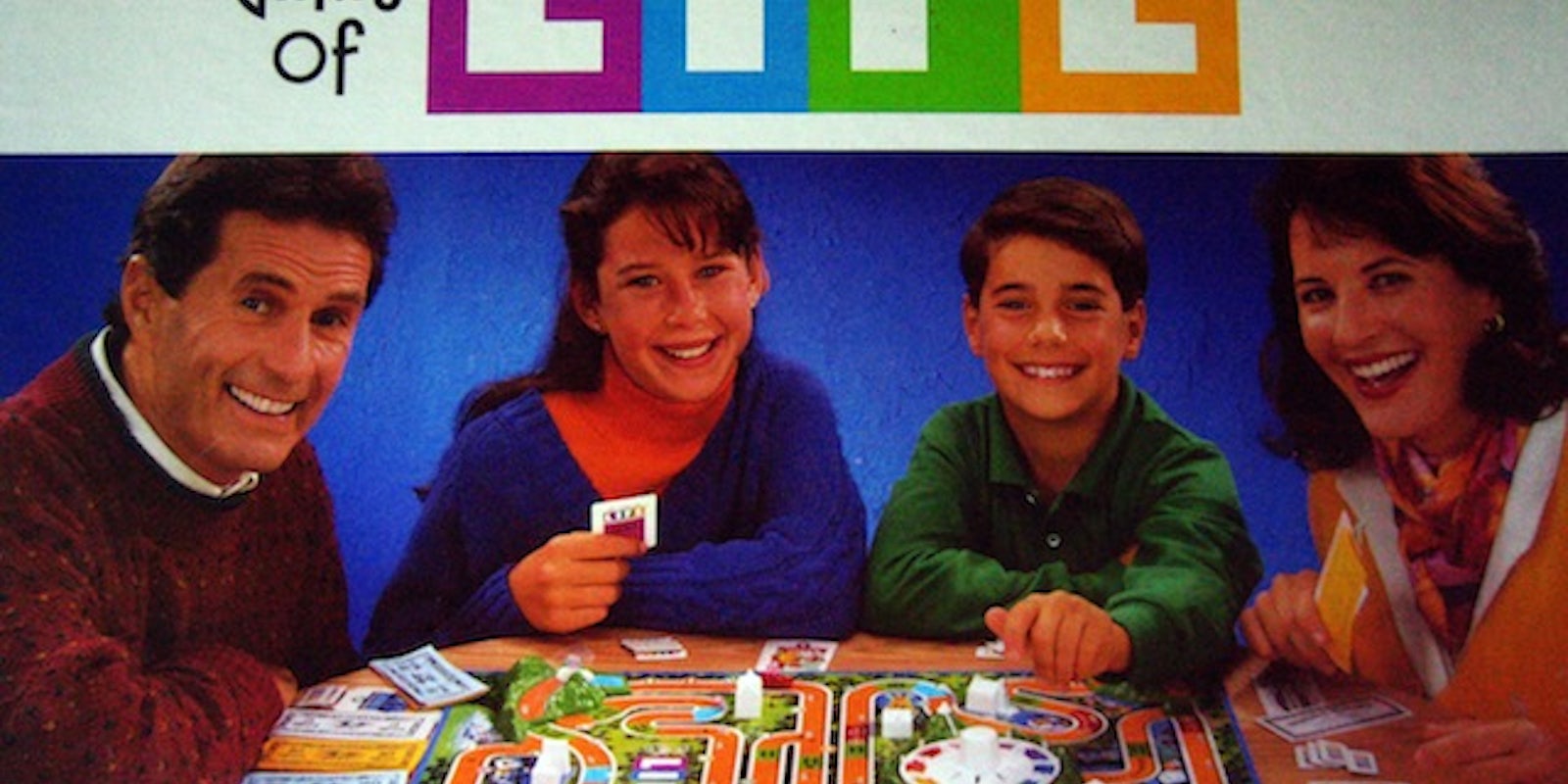All the world’s a platform, and all the men and women merely apps. If life’s a game, I think we’re getting played.
This week, Zynga, the maker of endless friendship-abusing timewasters, launched a host of new games and a new website, Project Z, which will let you find strangers to play with.
At their core, Zynga’s strangely addictive games—FarmVille, Mafia Wars, Words With Friends, and so on—commodify your relationships, transmuting friends into objects which let you advance on a leaderboard of your so-called virtual life.
Of course, Facebook already does much the same thing. Some people keep careful watch of others’ friend counts for deviations—and when it drops, they race to figure out who defriended whom. It’s the socially networked equivalent of back-fence gossip about neighbors who aren’t speaking to each other.
…
At a party this week, I heard a Zynga employee say her company was “pooping diamonds,” a colorful way of expressing its financial success. (And a bit indiscreet, since the company is under registration for an initial public offering. I look forward to the Securities and Exchange Commission requiring a filing clarifying that Zynga does not, in fact, excrete gemstones.)
Awed investors talk about “gamification,” the process by which every aspect of our lives will be transformed by the click-click-click addictiveness of games like FarmVille. (Never mind that Zynga’s games could do with some gamification themselves, a step it’s undertaking with the series of new titles it unveiled.) Weight loss, television watching, healthcare, and even work itself are getting gamified.
It makes me wonder if we’ll have any time left to play.
…
My muse and personal heroine of the moment, Oakland rappeuse Kreayshawn, has been gamified. I suppose I should be glad that there’s a game for girls, created by a woman, Beth Maher. It even has a timely message against consumerism: The villains are Gucci- and Prada-toting “basic bitches,” and Kreayshawn’s weapons are “swag” which emanates from her ovaries, a nice contrast to the usual phallocentric founts of force.
Yet it’s disturbing that this supposed vehicle of empowerment—look, girls can design video games!—basically pits women against women. Kreayshawn’s swag vaporizes the “bitches,” leaving their Louis Vuitton behind. Everyone loves a girl fight! Kreayshawn’s post-feminist rampage has a body count.
…
Reddit’s most notorious den of teen photos, r/jailbait, had a long and troubled history of objectifying young women before site administrators shut it down this week.
Here, too, I see a lot of game-playing: How many free-speech points could r/jailbait’s rebellious moderators score before the adults in the room called a time-out?
And did any of the leering losers lusting for illegal nude pics think about how they were turning young girls into swappable content? It’s all fun and games until someone loses their innocence.
…
So we count clicks, forgetting that more than clicks count. Social networks, in making our relationships easier to manage are turning them into something we merely measure. Turn it into a game, and of course we want to win. We’ve become more concerned with racking up points than accumulating meaning.
Perhaps it’s just as well that Zynga is moving away from playing with pals. If we’re just harvesting bushels and firing bullets, strangers will do just as well, and they’re easier to commoditize. (Besides, admitting that you play FarmVille and the like has always been kind of embarrassing.)
Don’t hate the player, hate the gamification. Here’s an idea: Instead of playing Words With Friends, why not have some words with your friends?
